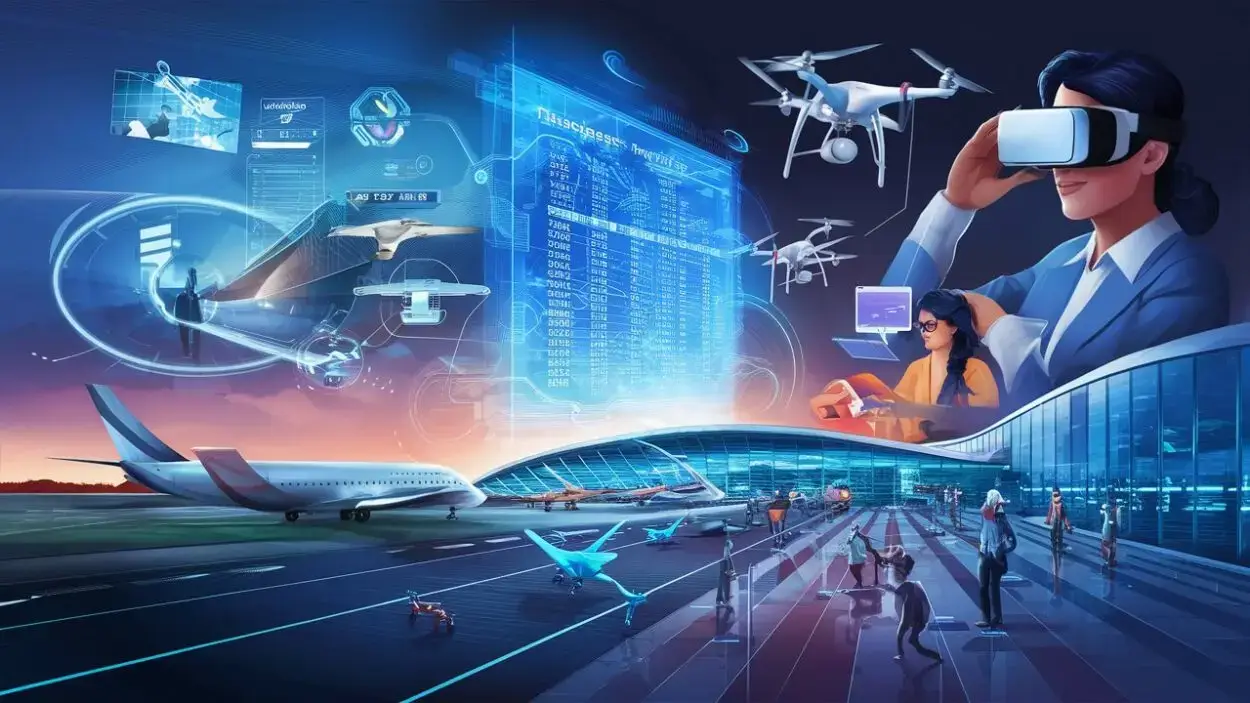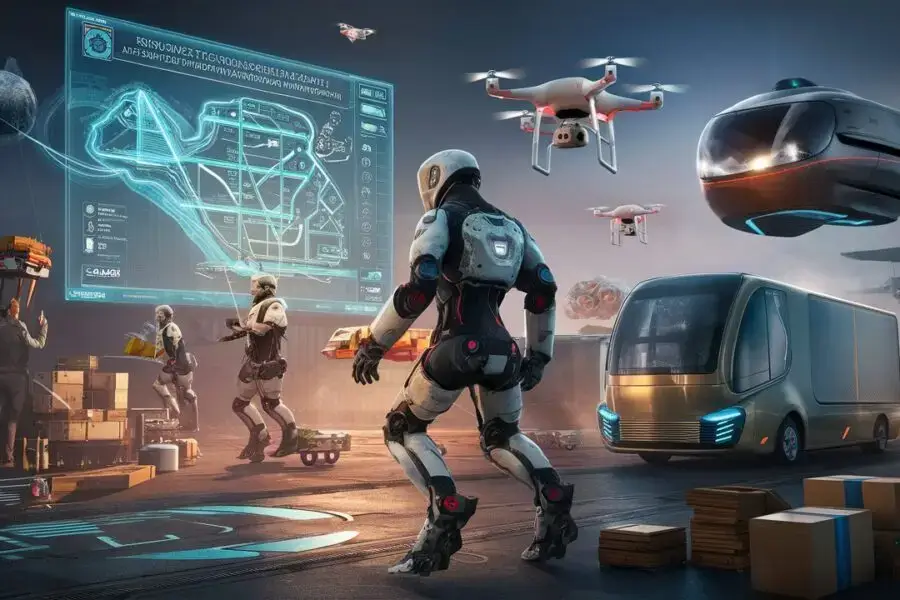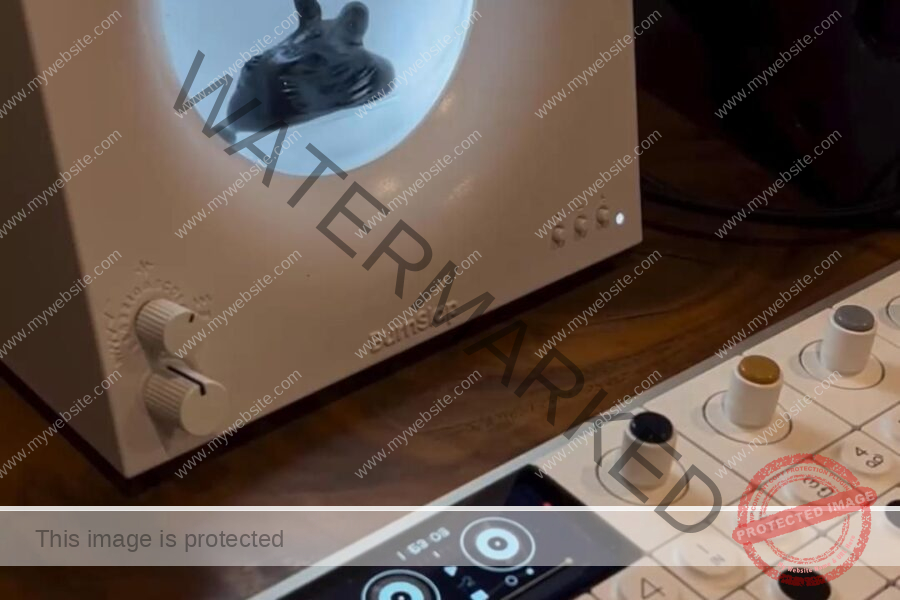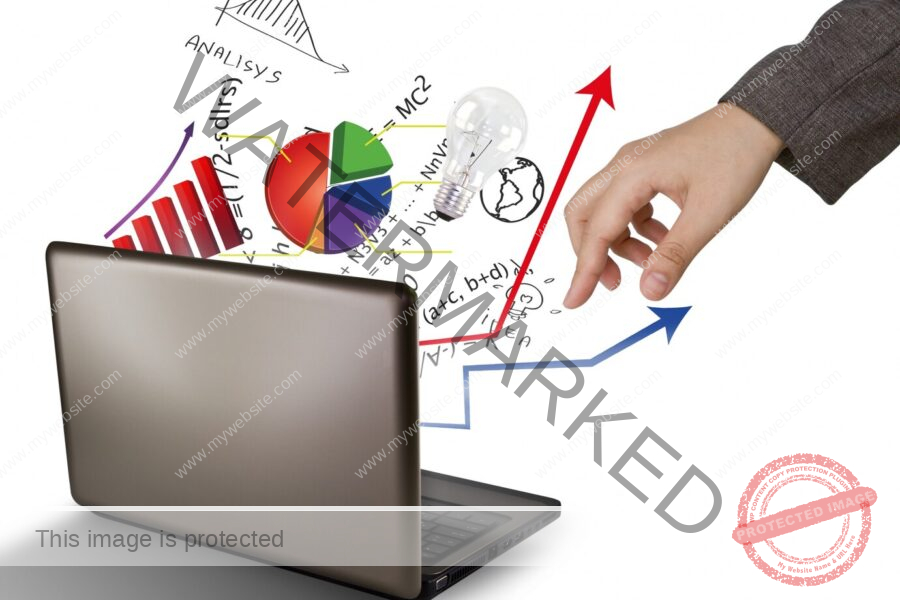In today’s fast-paced business world, technology plays a pivotal role in transforming various industries. One such industry experiencing a significant shift due to technological advancements is business travel. Information Technology (IT) has revolutionized the way companies manage and execute business trips, impacting logistics and management in profound ways. This article delves into the top ten impacts of IT technologies on the logistics and management of business travel, highlighting how these innovations are reshaping the industry.
1. Automating Reservation Processes
One of the most significant impacts of IT on business travel is the automation of reservation processes. Advanced booking systems and software have streamlined the way companies handle travel arrangements. Automated systems reduce human errors, save time, and ensure seamless coordination of flights, accommodations, and other travel-related services. This efficiency not only enhances productivity but also improves the overall travel experience for employees.
2. Tools for Expense Management
Expense management has always been a critical aspect of business travel. IT technologies offer sophisticated tools that allow real-time tracking and management of travel expenses. These tools provide detailed analytics, helping companies monitor spending patterns, identify cost-saving opportunities, and ensure compliance with corporate travel policies. By reducing the likelihood of fraud and errors, these tools contribute to more accurate financial reporting and better budget control.
3. Optimizing Travel Itineraries
Optimizing travel itineraries is another area where IT technologies have made a substantial impact. Advanced algorithms and data analytics enable companies to plan the most efficient routes and schedules for their employees. This optimization minimizes travel costs, reduces transit times, and enhances the overall efficiency of business trips. Employees can spend more time on productive activities and less time on the road, leading to increased job satisfaction and better performance.
4. Advanced Communication Solutions
Effective communication is crucial during business trips. IT technologies offer a range of advanced communication solutions, such as video conferencing, instant messaging, and collaborative platforms. These tools enable seamless communication between employees, clients, and partners, regardless of geographical locations. The ability to hold virtual meetings and collaborate in real-time reduces the need for physical travel, saving time and resources while maintaining high levels of productivity.
5. Risk Management and Security
Ensuring the safety and security of employees during business trips is a top priority for companies. IT technologies play a vital role in risk management by providing real-time tracking and monitoring of travelers. Companies can quickly respond to emergencies, provide assistance, and ensure the well-being of their employees. Additionally, advanced security protocols and encryption techniques protect sensitive travel data, reducing the risk of cyber threats and data breaches.
6. Personalizing the Traveler Experience
Personalization is becoming increasingly important in the business travel industry. IT technologies enable companies to tailor travel experiences to individual preferences and needs. Personalized travel programs, loyalty rewards, and customized services enhance the overall travel experience for employees. This personalization not only boosts employee satisfaction but also promotes loyalty and long-term engagement with the company.
7. Data Analysis and Reporting
Data analysis and reporting are crucial for optimizing business travel strategies. IT technologies provide powerful tools for collecting and analyzing travel data. Companies can gain valuable insights into travel patterns, expenses, and employee behavior. These insights enable data-driven decision-making, helping companies refine their travel policies, negotiate better deals with vendors, and continuously improve their travel management processes.
8. Integrated Booking Systems
Integrated booking systems have transformed the way companies manage travel logistics. These systems consolidate various travel services, including flights, hotels, car rentals, and ground transportation, into a single platform. This integration simplifies the booking process, improves coordination, and ensures a seamless travel experience for employees. Additionally, integrated systems provide companies with a comprehensive view of their travel activities, enabling better oversight and control.
9. Mobile Applications and Digital Platforms
Mobile applications and digital platforms have become essential tools for business travelers. These technologies provide easy access to travel information, itineraries, and updates on the go. Travelers can manage their bookings, check flight statuses, receive real-time alerts, and access essential travel documents through mobile apps. The convenience and accessibility offered by these platforms enhance the overall travel experience and ensure that employees are always informed and prepared.
10. Emerging Technologies: AI and Blockchain
Emerging technologies such as Artificial Intelligence (AI) and Blockchain are poised to revolutionize the business travel industry further. AI-powered chatbots and virtual assistants provide instant support and personalized recommendations to travelers. Blockchain technology enhances transparency and security in travel transactions, reducing fraud and ensuring the integrity of travel data. These innovations hold the potential to transform various aspects of business travel, from booking and expense management to security and compliance.
Conclusion
The impact of IT technologies on the logistics and management of business travel is undeniable. From automating reservation processes to leveraging emerging technologies like AI and Blockchain, these advancements are reshaping the industry in significant ways. Companies that embrace these innovations stand to gain a competitive edge by optimizing their travel operations, enhancing employee satisfaction, and achieving greater efficiency and cost savings. As technology continues to evolve, the future of business travel promises to be more streamlined, secure, and personalized than ever before.






Leave a Comment